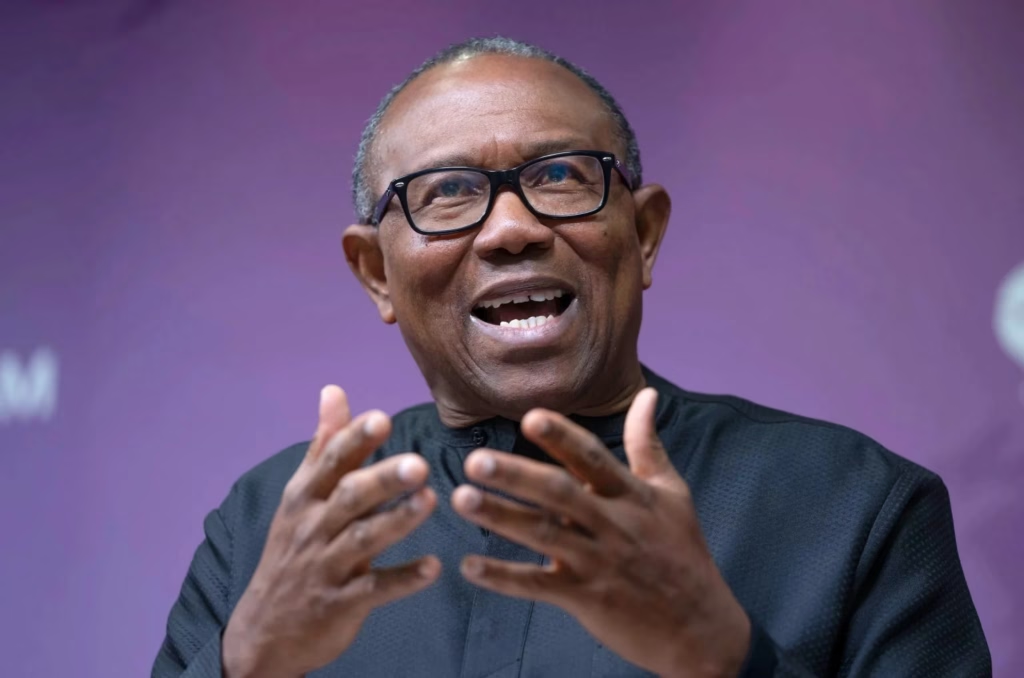A pledge by Nigerian opposition figure Peter Obi to seek only a single four-year presidential term if elected in 2027 has sparked debate over political integrity and power dynamics in Africa’s most populous nation. The former Labour Party candidate, who has consistently emphasized his commitment to the pledge, faces skepticism from northern political leaders questioning the feasibility of enforcing such a promise.
Obi, a former governor of Anambra State, reiterated his stance over the weekend, framing it as a bid to rebuild trust in a political landscape marred by broken promises. “Many Nigerians no longer take politicians at their word,” he acknowledged, while insisting his vow remains “sacrosanct.” His remarks come amid broader scrutiny of electoral accountability ahead of the 2027 polls, with Nigeria grappling with economic instability, security crises, and widespread public disillusionment with governance.
Political analyst Hakeem Baba-Ahmed, a former adviser to incumbent President Bola Tinubu, urged voters to critically assess candidates’ commitments. “Politicians are known for breaking rules, and anything is possible,” he told Media Talk Africa, calling for rigorous questioning of contenders on concrete plans to address inflation, security, and healthcare challenges. He argued that four years is sufficient for effective leadership if paired with competent governance. “The constitution allows four-year terms for a reason—it’s enough time to demonstrate capability,” he said.
Northern stakeholders, however, cast doubt on Obi’s pledge. Anthony Sani, ex-Secretary General of the Arewa Consultative Forum—a key northern political coalition—suggested the promise stems from tactical alignment with Nigeria’s informal power-sharing tradition, known as zoning, rather than principled reform. Under this system, the presidency is expected to shift from southern to northern regions after two terms. Current President Tinubu, a southerner, would constitutionally exit in 2027 after one full term, while Obi, also a southerner, could legally seek two terms.
“Northerners may prefer Tinubu because he can’t run again, while Obi could theoretically extend his tenure,” Sani explained. He emphasized that any decision to honor a one-term pledge would hinge on collective party interests rather than individual intent, adding, “Group dynamics, not personal promises, dictate political outcomes.”
The debate underscores broader tensions over Nigeria’s governance model, where regional power balances often eclipse policy-focused discourse. With trust in institutions eroding, analysts stress the 2027 elections could hinge on candidates’ ability to articulate actionable agendas while navigating entrenched political loyalties. As Baba-Ahmed noted, “Nigerians must prioritize leaders who prioritize governance over power retention—the stakes have never been higher.”
